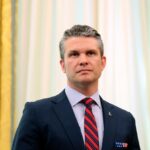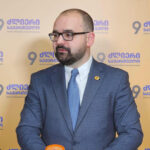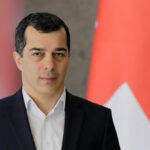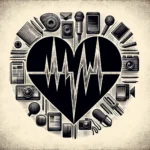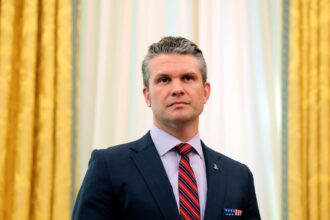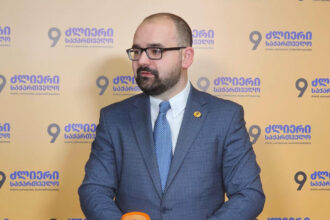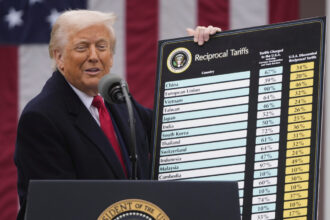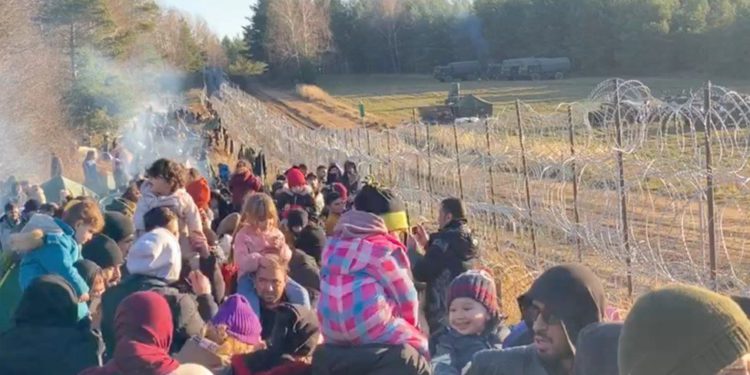The Regional Director calls on the protection and depoliticization of the health of migrants
WHO/Europe sent a team to Lithuania to conduct a rapid assessment in order to help the country provide healthcare for migrants arriving from Belarus. The preliminary results of an ongoing survey conducted with migrants at border posts and reception facilities reveal that many require treatment, medication, psychosocial assistance, as well as information provided in their native language. Over a third needed medical treatment on their journey, while three out of five people who spoke with WHO/Europe need treatment and medications for an ongoing condition.
“The situation calls for immediate and sustainable solutions to address the needs of migrants in terms of health.” The host community also needs support, as the situation has rapidly evolved and their capacity to provide service has been severely affected.” explained Jozef Bartovic a technical officer who recently arrived at the border.
WHO/Europe urges states to protect the rights to health of refugees, migrants and asylum seekers along the Belarussian border. Many of these people need medical assistance. In recent months, Belarus has been the gateway for thousands of undocumented migrants arriving from countries in the Middle East and Africa. In the past few days, the situation has escalated into a political crises on the EU’s eastern border.
“I am concerned about the thousands who are vulnerable and stranded on Belarus’ border with Poland, Latvia, and Lithuania. They are at the mercy of weather as winter approaches,” says WHO/Europe Region Director Dr Hans Henri P. Kluge.
“These refugees and migrants should be treated with dignity and respect, as they are entitled under international law. This includes the right of health. Women and children are sleeping outside in the bitter cold. Several people are already dead. And COVID-19 is on the rise in the entire region. Our duty is to protect the health of refugees and migrants. We must provide them with adequate shelter, hygiene, food, medicine, and access COVID-19 testing. The desperate scenes demand urgent, constructive dialogue, and WHO is committed, beyond politics, to upholding everyone’s right to health.
The rapid assessment mission will be led by WHO/Europe, with support from IOM Lithuania, the Lithuanian Red Cross and the IOM Regional Office for Europe based in Brussels. It aims at supporting local and national authorities through capacity building and recommendations that are based on evidence-based public healthcare interventions and standardized healthcare approaches.
Read More @ georgiatoday.ge
